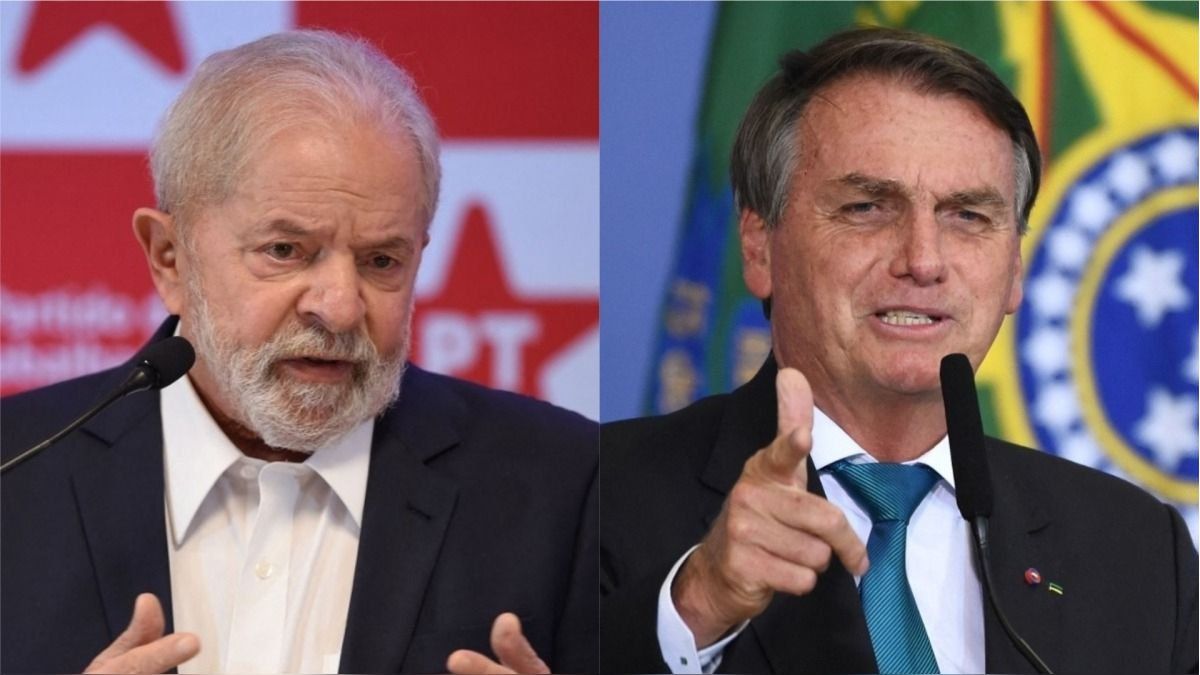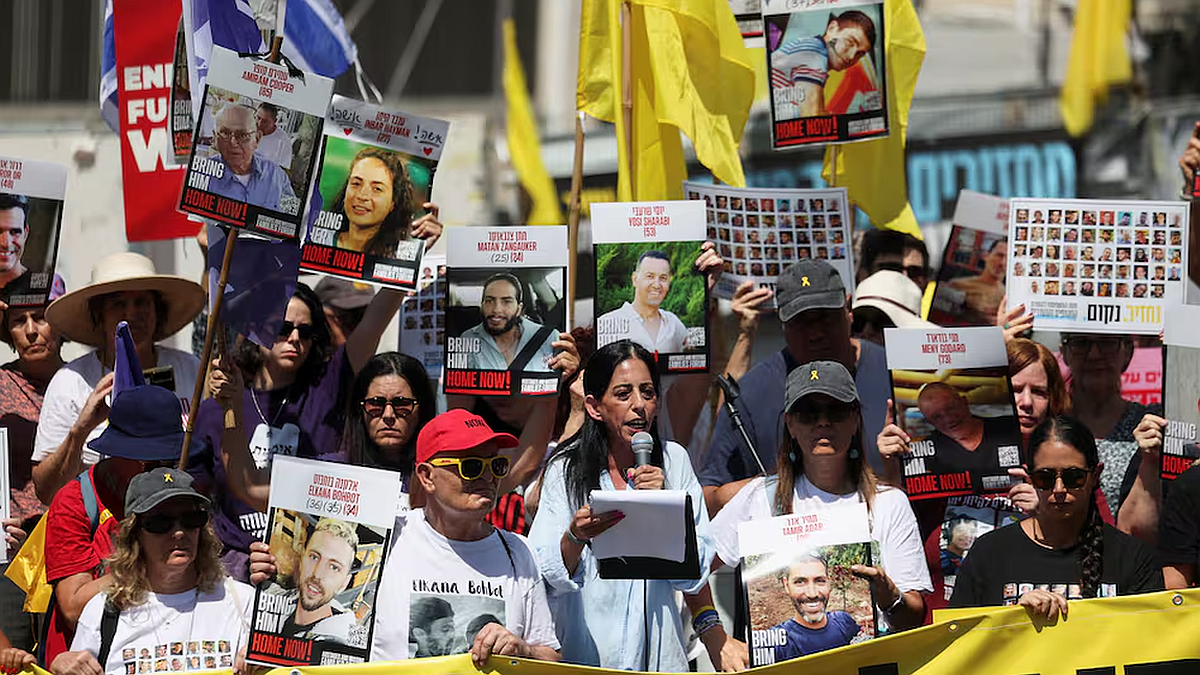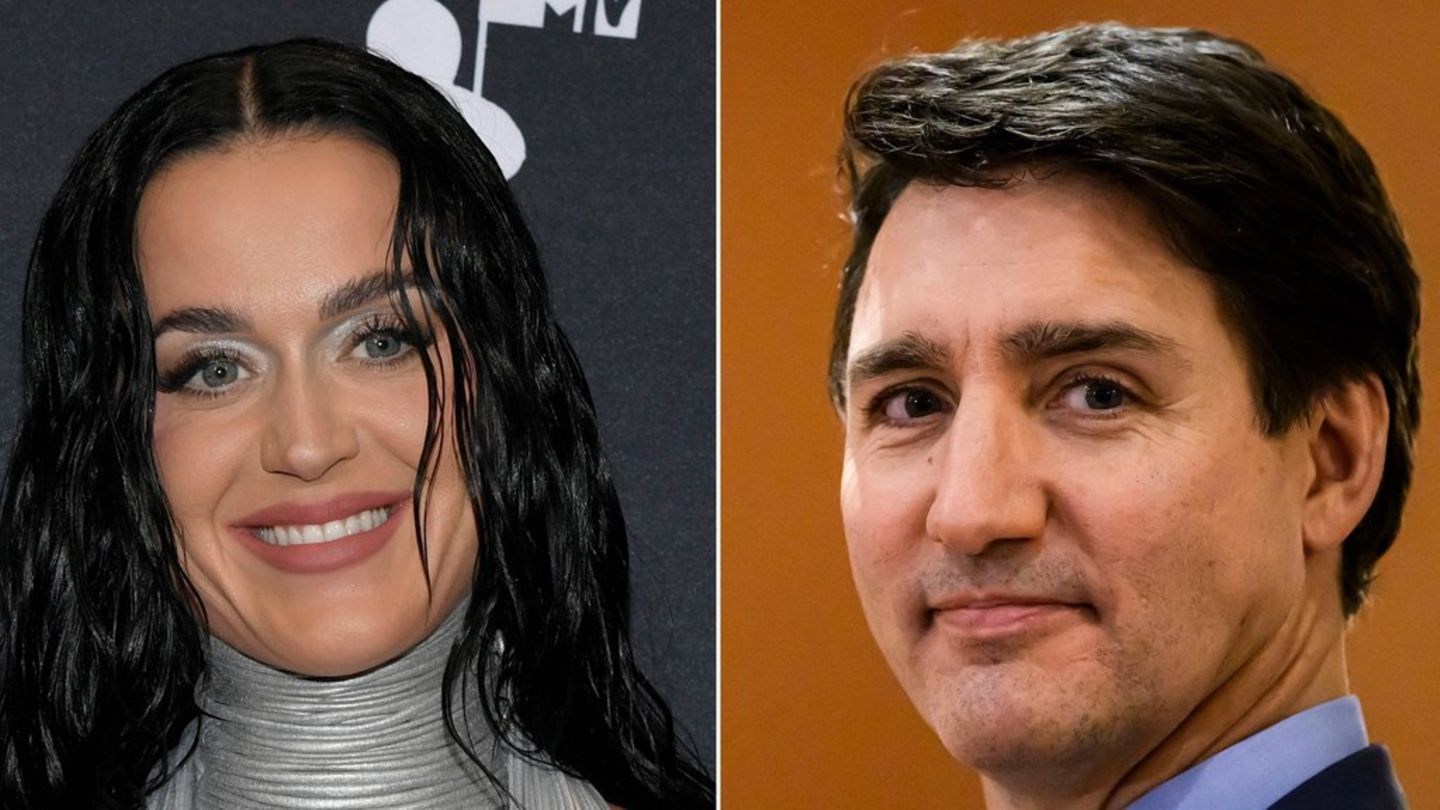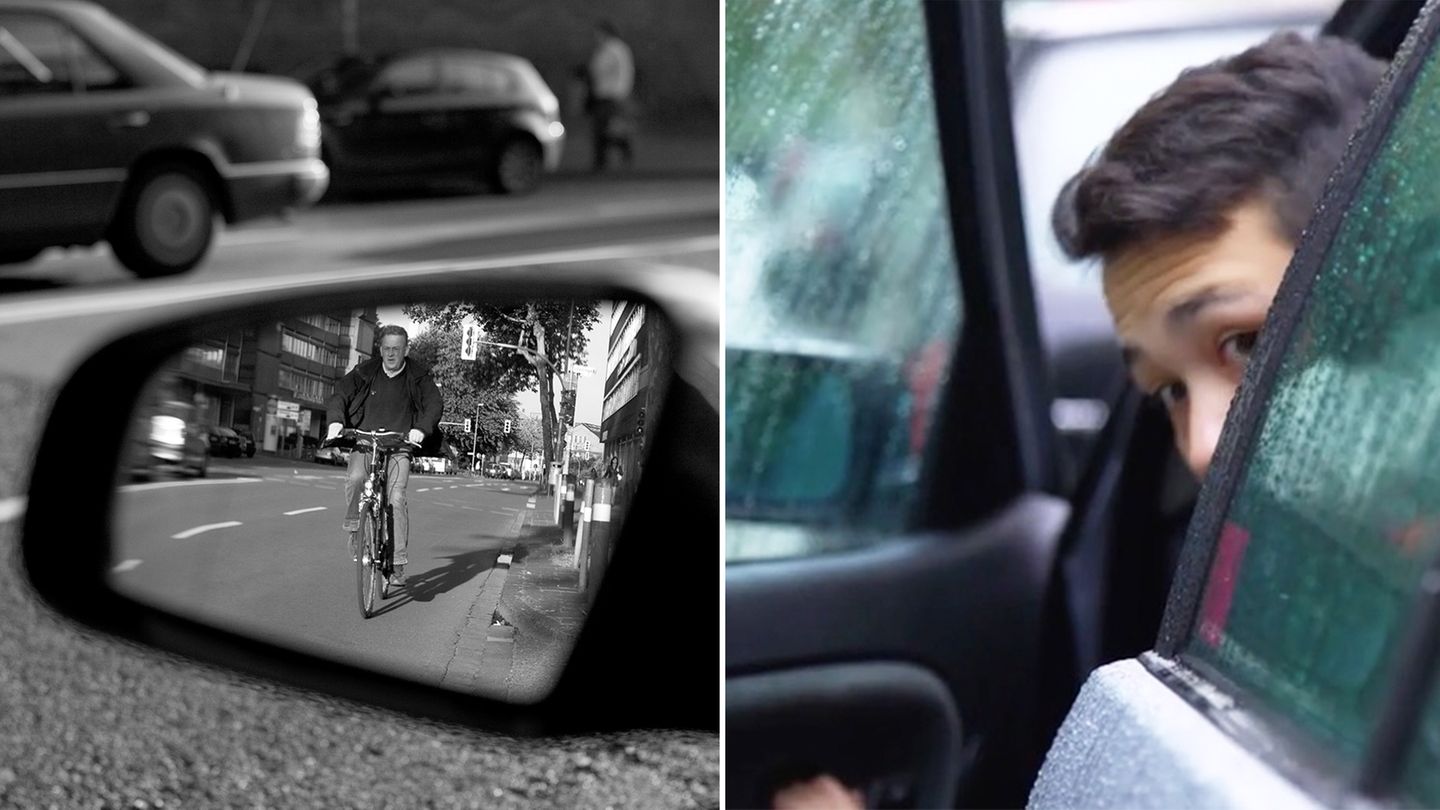Distributed by region, according to Datafolha numbers, the man from the Liberal Party (PL) would win in Saint Paul Y Rio de Janeirobut Lula would do it in Minas Girais, where, Brazilians say, whoever wins will triumph in the country. For local experts, these are the three hinge stateswho vary their support and can turn a vote.
On the hunt for those who did not vote in the first round
“The election is very even, but we are going to win”, confided Lula a few days ago. In her opinion, the key lies in those citizens who have not yet elected anyone: “We are fighting for the abstention vote”, he acknowledged. On October 2, some 30 million Brazilians did not go to vote, which represents 21% of the voter registry. And several analysts think that many would be sympathizers of the PT: humble people with greater difficulty going to the polls.
In the current government they are enthusiastic about being able to trace the election, after narrowing the difference from the last vote. Thus, while Da Silva prevailed in the first round with 48.4% (57.2 million votes), above the 43.2% (51 million) won by Bolsonaro, the current scenario is extremely close and the result uncertain.
In this framework, knowing that he plays as a visitor, Lula launched himself fully to seek the evangelist vote, which has Bolsonaro as a favorite. This, in a country where almost 30% of society follows that religious current. Faced with this, the progressive leader wrote a public letter in which he stated that he was “personally” against abortion, but he distanced himself from the subject, clarifying that changes in the legislation depend on Congress.
Datafolha figures also show that among the evangelists, the image of the far-right fluctuated between 66% and 62% in recent dayswhile Lula’s was from 28% to 32%. Among Catholics, the PT fluctuated between 58% and 55%, and Bolsonaro did between 37% and 39%. This means that both candidates added supporters in sectors that are usually more reluctant to their figure, but lost voters in social groups that seemed to be more similar. Regarding both religious groups, there are 4% of possible blank votes and 2% undecided.
lula Bolsonaro elections 2022 closing of elections.jpg
In summary, Lula arrives in a better position among women (52% against 41% for Bolsonaro), people of African descent (51% against 42%), Catholics (55% – 39%) and the poor layers of Brazilian society (61% – 33). %).
Bolsonaro is better seen among higher income sectors (54% against 40% for Lula, in the middle class, and about 60% against less than 40% for groups that earn more than five minimum wages), white people (54% against 40%) and evangelists (62 % against 32%). These percentages are completed, reaching 100%, adding the blank and undecided votes. If the male sex is discriminated against, the polls show more parity.
electrifying campaign
The closing of the presidential race was marked by shocking acts of political violence. One of the last was carried out by former deputy Roberto Jefferson, an ally of Bolsonaro, who barricaded himself in his house to avoid being arrested and started a shootout, which left two policemen injured. The president tried to detach himself from Jefferson, but Lula affirmed that this “It is the face of what Bolsonaro preaches”.
In the last few hours, PL deputy Carla Zambelli was seen pointing a gun inside a store, in what appeared to be a political discussion. In these months, several deaths attributed to clashes for ideological reasons. The weather is hot, and the candidates’ harsh exchanges during Friday’s presidential debate did nothing to calm things down.
https://twitter.com/Ambitocom/status/1586476668222377984
With this framework, the leader of the Liberal Party wants to achieve re-election by expanding access to social programs, something that he extended after the first round. However, the newspaper Folha recently published that the current economy minister, Paulo Guedes, would plan to establish a new calculation to determine the increase in the minimum wage, which could be less than inflation, to relieve the budget. This possible loss of purchasing power, which in Argentina is common currency, in Brazil is more strange.
Meanwhile, once again the right shakes the specter of fraud before the vote, just as Donald Trump did in the United States, clouding the mood. Bolsonaro’s team argued that there are irregularities in the distribution of electoral radio advertising, arguing that several stations have refused to broadcast the official propaganda.
This version has already been completely rejected by the Superior Electoral Tribunal (TSE), due to the lack of evidence, stating that the accusation can be classified as an “electoral crime” for “riot the second round”. In 2018, Bolsonaro had already said that some hackers wanted to take the election away from him, and the examples can continue.
At this point, it seems inevitable to remember what happened when the rightist arrived at the Planalto Palace: Lula, who led all the polls, he was proscribed and taken to prison after a controversial judicial process, branded as ‘lawfare’ by regional progressivism. The PT was forced to install Fernando Haddad as an alternative to reach the Government, without success. Thus, Bolsonaro was elected president and the judge who imprisoned Da Silva, Sergio Moro, was appointed Minister of Justice.
Closer in time, the case was dismantled and Lula was released after 580 days, but the move was already made. Will there be a rematch at the polls?
Source: Ambito
David William is a talented author who has made a name for himself in the world of writing. He is a professional author who writes on a wide range of topics, from general interest to opinion news. David is currently working as a writer at 24 hours worlds where he brings his unique perspective and in-depth research to his articles, making them both informative and engaging.




